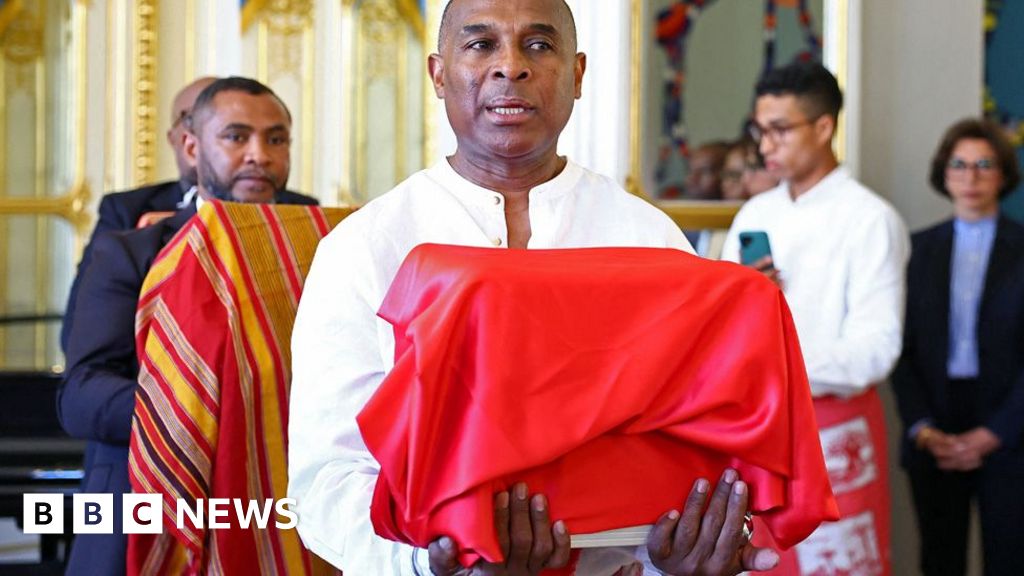In the wake of Pope Francis's passing, a crucial decision awaits the next pope: the selection of a name that will symbolize their vision and priorities for the Catholic Church. This tradition, rooted in history, has evolved over centuries, reflecting both personal significance and respect for former pontiffs or saints.
The choice of a pope's name is often an emotional and personal act. New pontiffs frequently look toward history, honoring saints or previous popes they hold in high regard. For instance, Pope Francis, who recognized St. Francis of Assisi, underscored humility and the church's commitment to the poor and marginalized. Similarly, Pope John Paul II adopted his name to pay homage to his late predecessor John Paul I, who had a very brief papacy.
The practice of selecting a name began back in the year 533 when Pope Mercurius, whose name was associated with the Roman god Mercury, opted for a different title as a sign of respect for the church's values. This pivotal moment established the longstanding custom that continues today.
The new pope's name carries weight in terms of the direction he may take during his papacy. A name like John Paul III might suggest a focus on social justice and adherence to Catholic doctrine, while a selection of Pius XIII could imply a strong alignment with traditional values. On the other hand, choosing John XXIV may point toward a commitment to reform and modernization within the church.
Once a new pope is designated, Cardinal Dominique Mamberti will announce the chosen name from the papal balcony at St. Peter’s Basilica, following the iconic declaration "Habemus papam" or "We have a pope." This moment captures the attention of the faithful around the world, as they ponder the mission that lies ahead for the Church based on the new pontiff's name.
As the world awaits the announcement, it serves as a reminder that a name carries both heritage and future vision, encapsulating the challenges and hopes that will define the new era of Catholic leadership.
The choice of a pope's name is often an emotional and personal act. New pontiffs frequently look toward history, honoring saints or previous popes they hold in high regard. For instance, Pope Francis, who recognized St. Francis of Assisi, underscored humility and the church's commitment to the poor and marginalized. Similarly, Pope John Paul II adopted his name to pay homage to his late predecessor John Paul I, who had a very brief papacy.
The practice of selecting a name began back in the year 533 when Pope Mercurius, whose name was associated with the Roman god Mercury, opted for a different title as a sign of respect for the church's values. This pivotal moment established the longstanding custom that continues today.
The new pope's name carries weight in terms of the direction he may take during his papacy. A name like John Paul III might suggest a focus on social justice and adherence to Catholic doctrine, while a selection of Pius XIII could imply a strong alignment with traditional values. On the other hand, choosing John XXIV may point toward a commitment to reform and modernization within the church.
Once a new pope is designated, Cardinal Dominique Mamberti will announce the chosen name from the papal balcony at St. Peter’s Basilica, following the iconic declaration "Habemus papam" or "We have a pope." This moment captures the attention of the faithful around the world, as they ponder the mission that lies ahead for the Church based on the new pontiff's name.
As the world awaits the announcement, it serves as a reminder that a name carries both heritage and future vision, encapsulating the challenges and hopes that will define the new era of Catholic leadership.






















